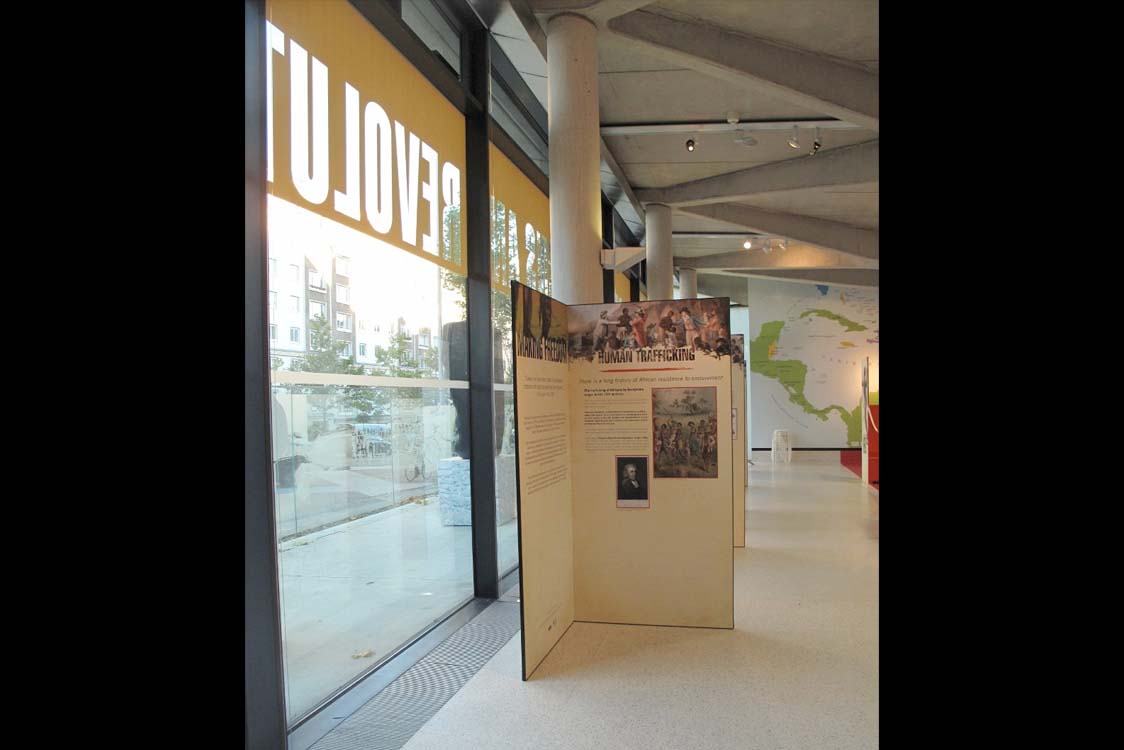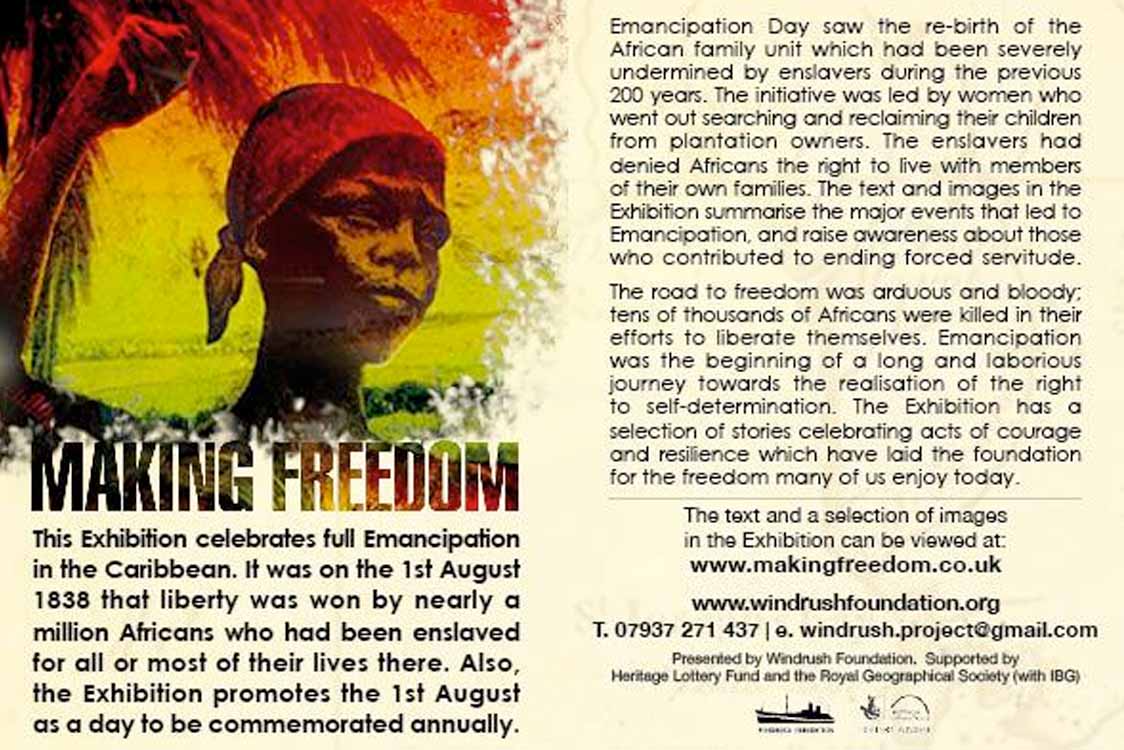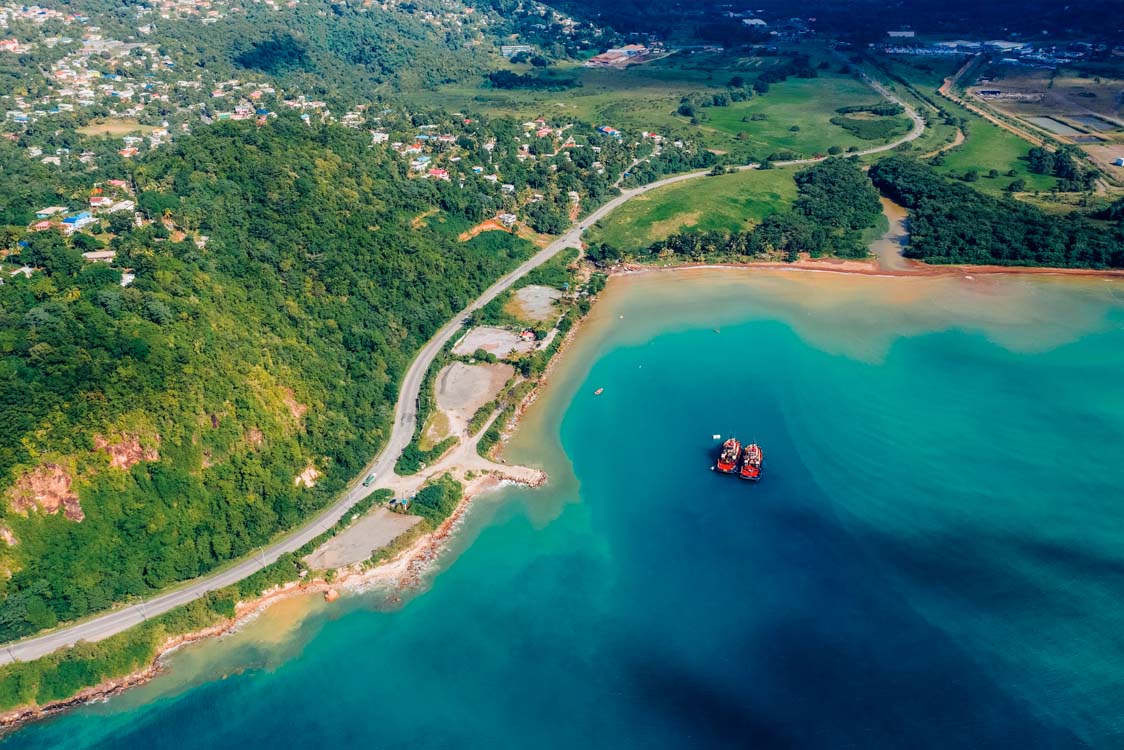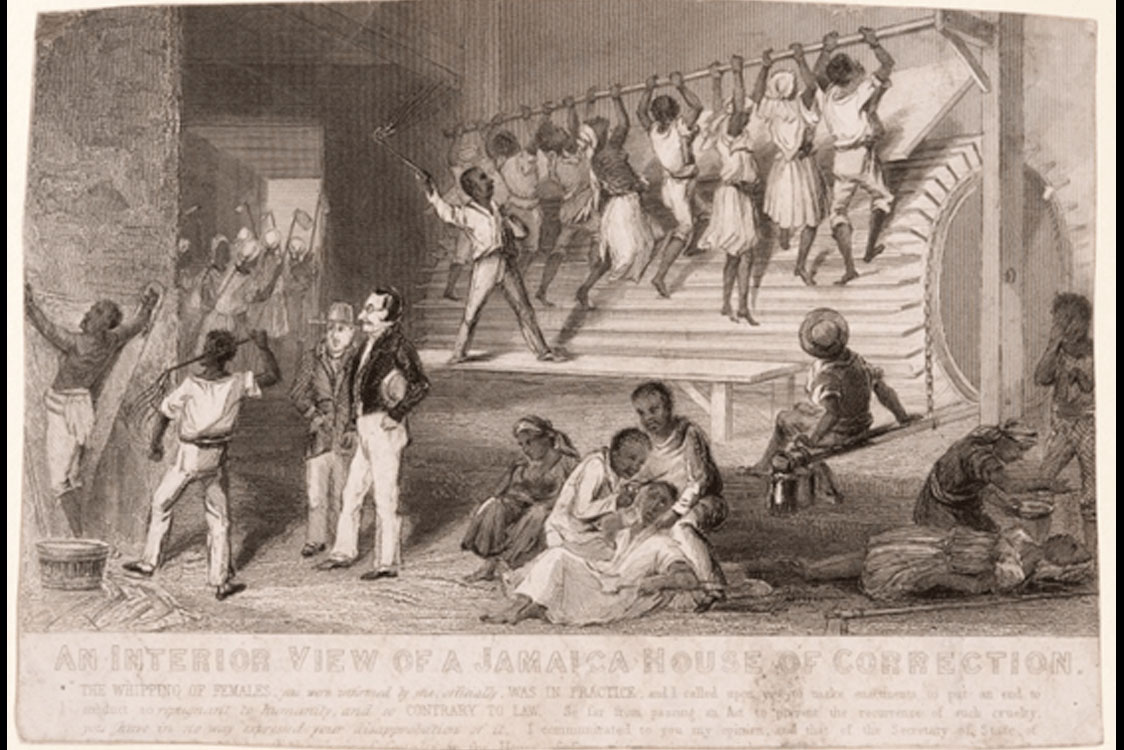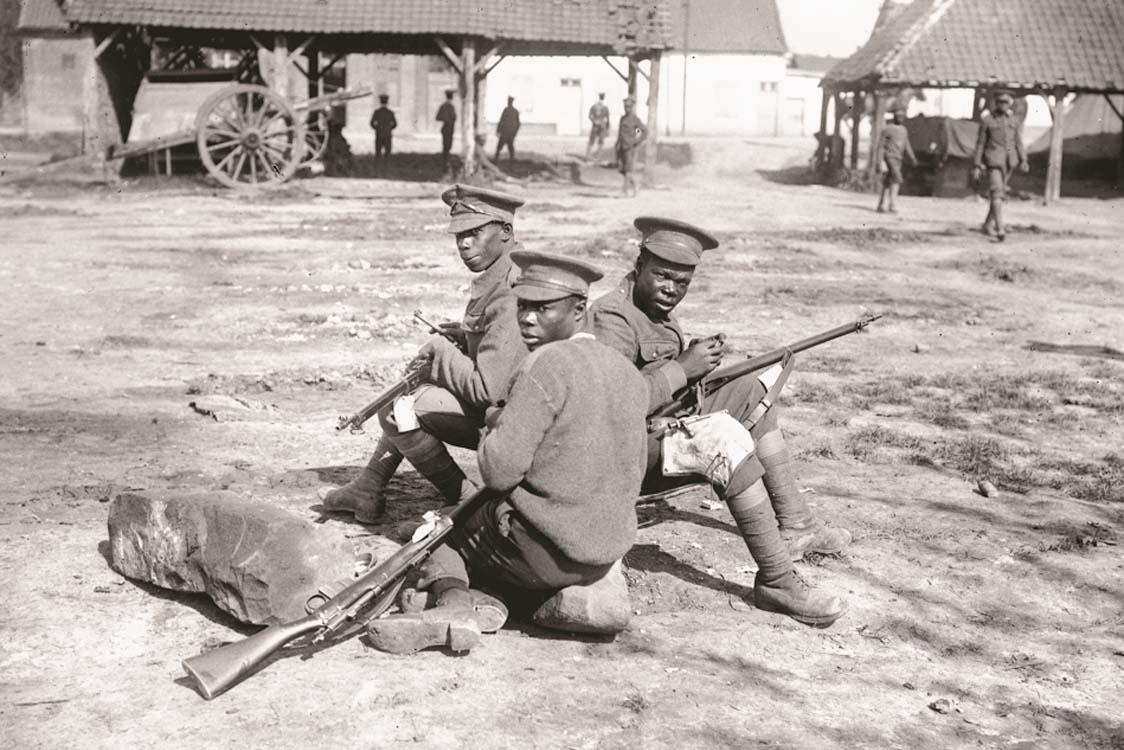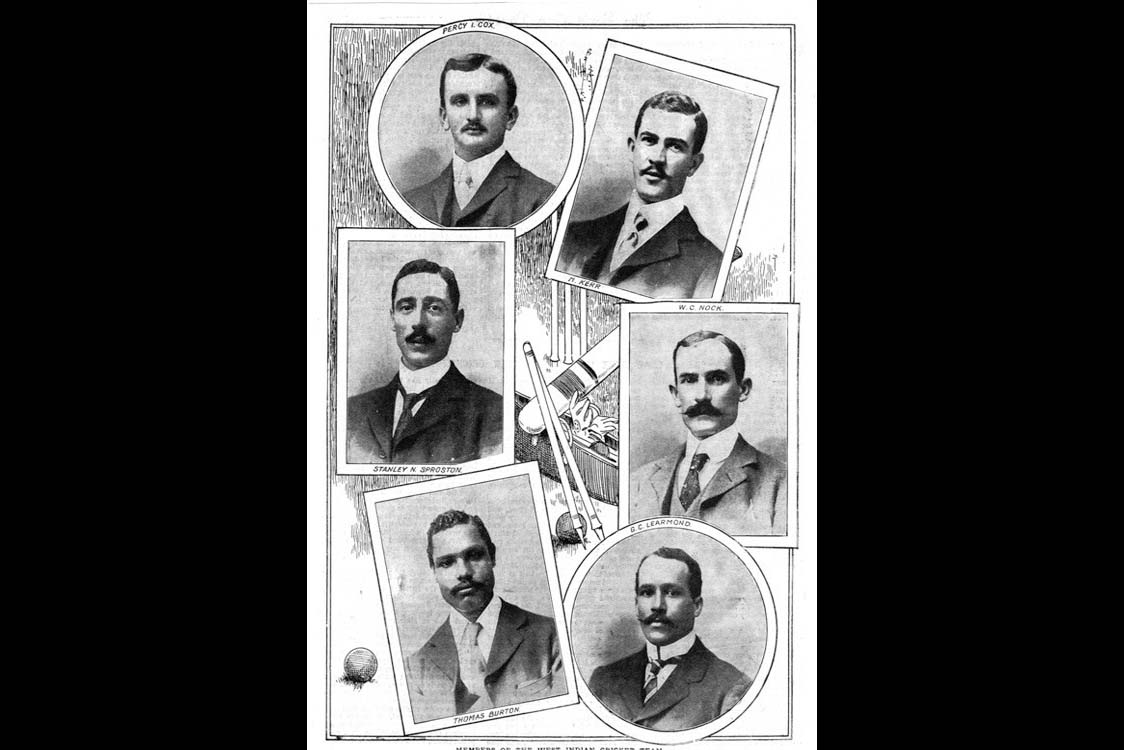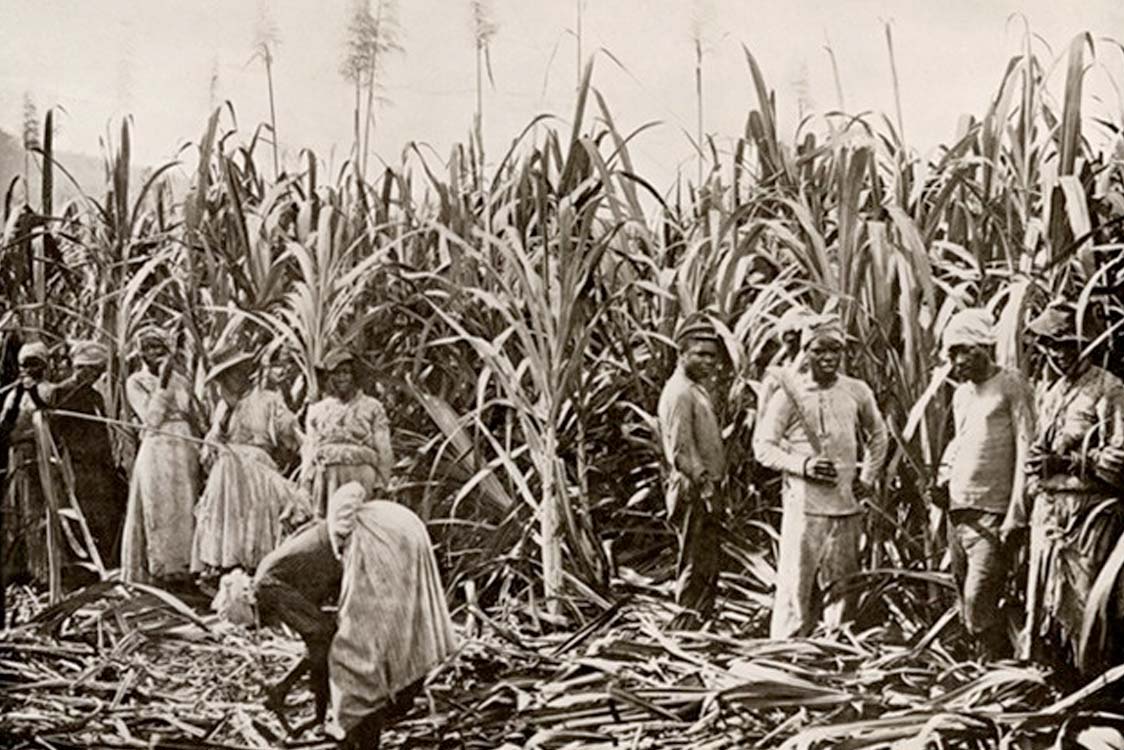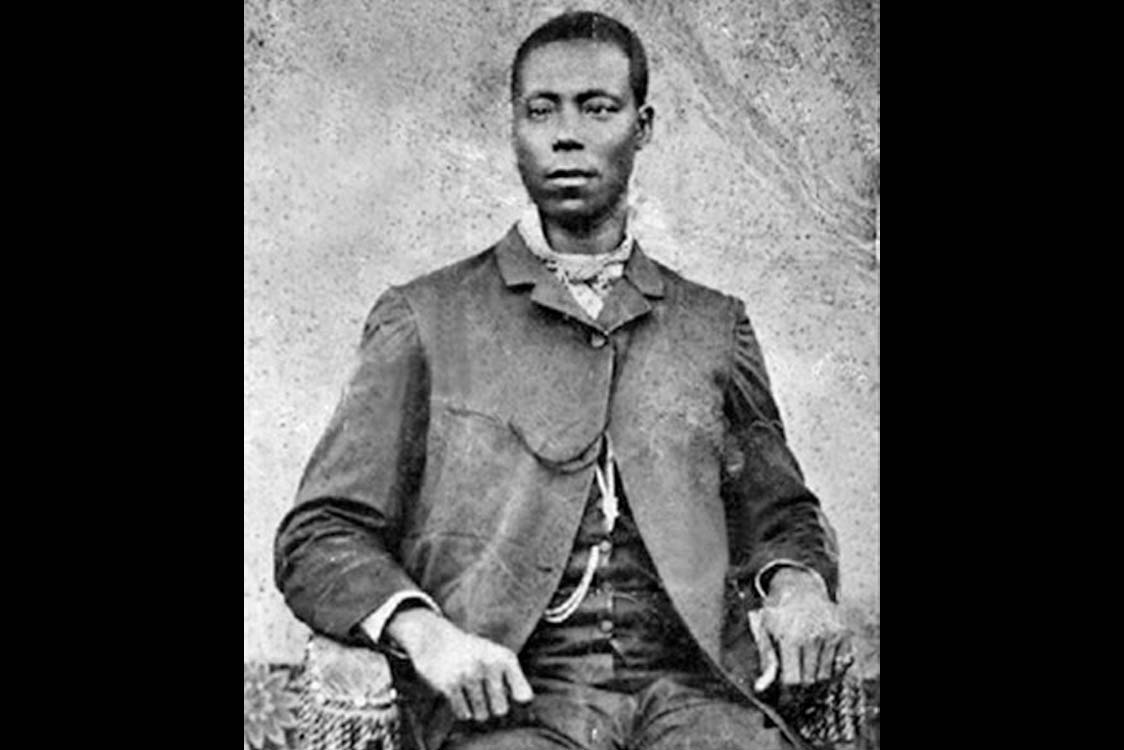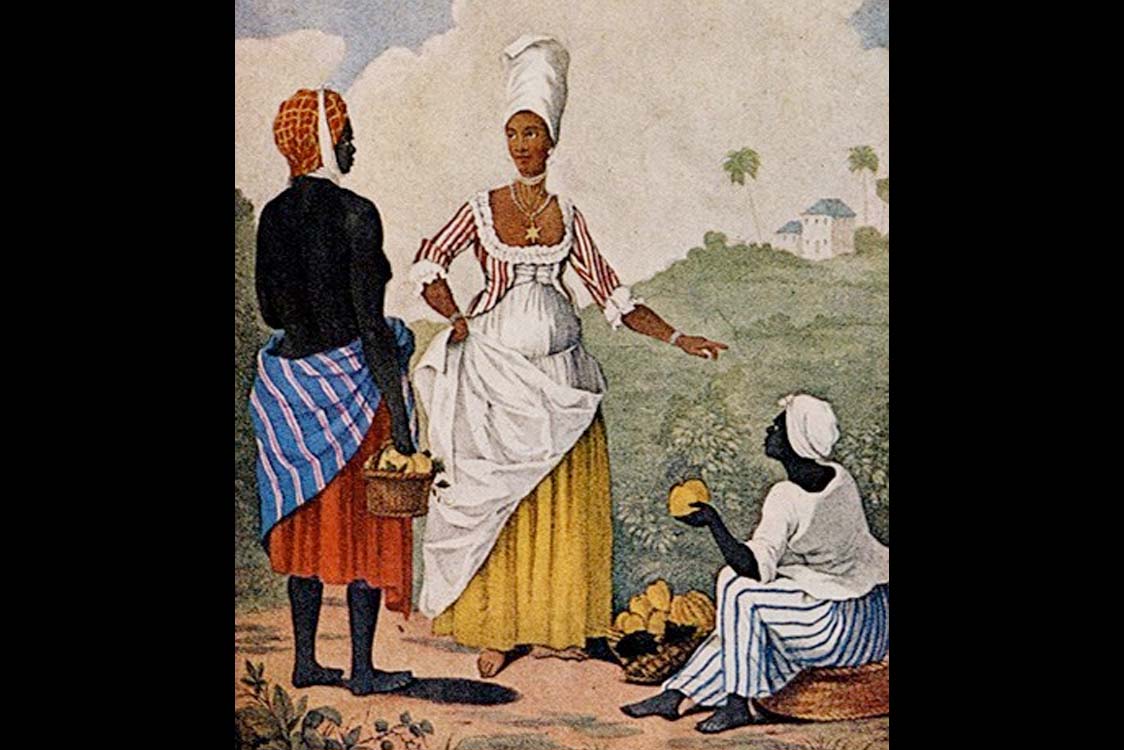Making Freedom Exhibition – 2014
The MAKING FREEDOM exhibition, which celebrates the 1838 emancipation of nearly a million Africans in the Caribbean, has been on tour from January 2014. After successful displays at the Marcus Garvey Library (London) and the Royal Geographical Society (with IBG) in 2013, Windrush Foundation would like to give other organisations the opportunity to host the […]
Continue Reading
